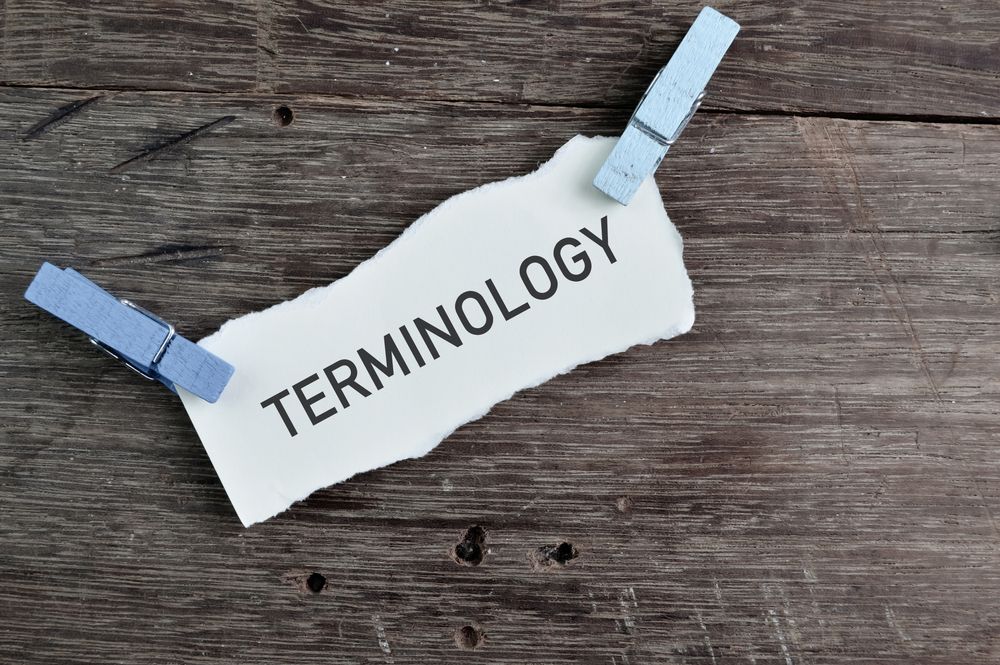
Common Legal Terms Explained
Facing a legal situation can be scary, confusing, and overwhelming. This is why it’s important to have a legal professional on your side if you’re facing something like this. For most people, the legal landscape is daunting. Mistakes can be made simply because you’re not aware of how things work or even what certain terms mean. Losing a legal battle for these reasons is sad and unnecessary. It can have a lasting impact on your life.
People are sometimes tempted to take on a legal case by themselves to save money or for other reasons. Although it’s within the law to do so, you need to be aware that this is a risky step to take. Cases such as DUI, require the help of the best DUI attorney in Philadelphia. A criminal defense attorney can help in any type of arrest.
A good place to start is to familiarize yourself with legal terms that are often used. Keep reading to learn some simple definitions of common legal terms. Having even a basic understanding of legal information can help protect you during this time.
Plaintiff
The plaintiff is the individual in a legal case who has initiated the legal action. This the action of filing a lawsuit. They can do this against another individual, business, or entity.
Defendant
The defendant is the person whom the action has been filed against. This could be an individual or an organization. The defendant is the one who is being accused of committing a crime or wrongdoing.
Jurisdiction
This refers to where authority lies in an area. It means the authority of the court to hear a case and make a decision. This can be a geographical location. It can also be a subject matter. For instance, a family court would hear matters of family law.
Due Process
This is an important legal term as it refers to the legal requirement that there be a fair and impartial judicial process. This is put in place as one of our rights as a citizen of this country, our state, and our county. Due process should apply fairly to all parties involved in the legal case. Due process ensures that people will not be stripped of life, liberty, or property without a fair legal hearing.
Discovery
This is the process by which the individual parties of the case exchange information. This is crucial to ensure that due process happens. Unless both parties are exchanging information ethically and legally, due process is impossible and the hearing will not be fair.
Precedent
Precedents are legal decisions that have been made which then set legal standards for future judgments. Precedent is crucial to the judicial system of this country as it creates consistency and fairness for everyone.
Statute of Limitations
This is a set amount of time that determines if a legal action can still take place or not. Actions must be filed within a certain period of time for different types of offenses. After this limit has expired, legal action can no longer be brought forth.
Legal Remedy
This refers to the means by which a party can seek relief or compensation for the harm done to them. This is the legal process used to receive monetary damages. This is a common way to resolve a legal dispute. There is no set formula for calculating monetary damages.
If you are facing a legal situation, and need a criminal defense attorney, DUI lawyer, or a Philadelphia sexual harassment attorney, please contact us today. Our legal team can help you navigate these unfamiliar and stressful situations.
